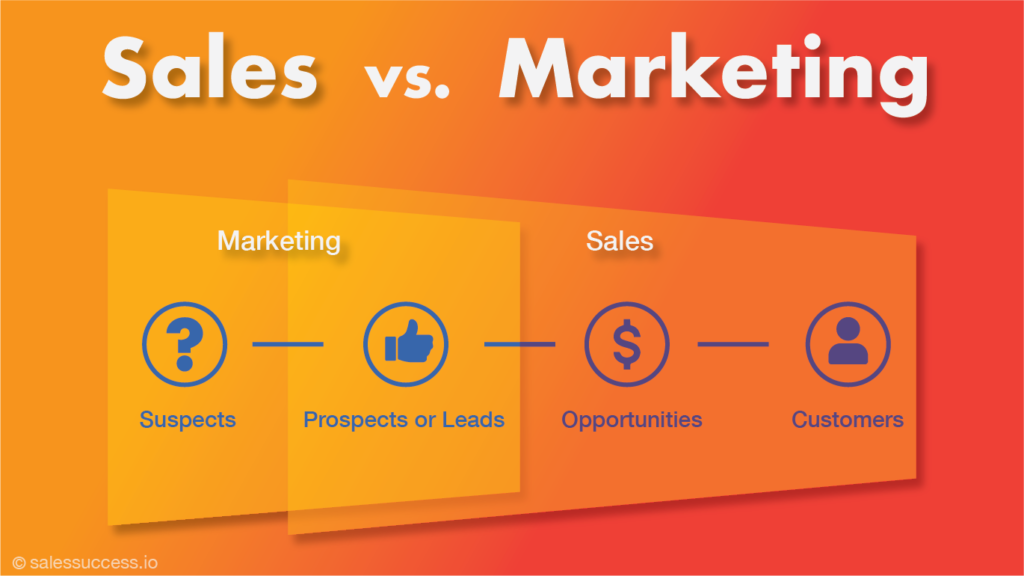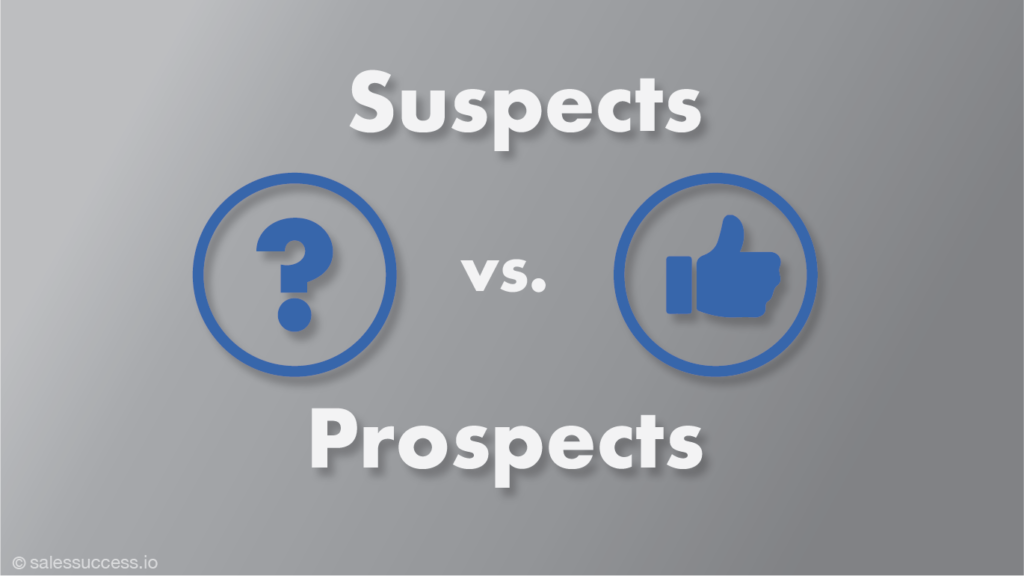- From Revenue to ROI: Finance Fundamentals Every Seller Needs
- Strategy 101 for Salespeople: How to Think Like a Strategist and Sell Like One
![]()
Introduction: Why Salespeople Need Strategic Thinking
As a salesperson, you’re not just selling products. You’re influencing decisions that affect the strategic direction of businesses—yours and your customer’s. Yet, many sellers operate without truly understanding the strategic drivers behind those decisions.
To build credibility with executives, craft compelling business cases, and align with long-term value, sales professionals must understand what business strategy is, how it’s created, and why it matters. This post breaks down the basics of strategy formulation and strategic planning and why they matter for every modern sales professional.
1. What Is Business Strategy?
A business strategy is a long-term plan that defines how a company will achieve specific objectives, compete in the market, and allocate its resources efficiently. It answers questions like:
- Where will we compete?
- How will we win?
- What capabilities must we build?
- How will we measure success?
It’s not just a document — it’s the guiding force behind decision-making, investments, and priorities. Every sale you make either advances or detracts from this direction.
2. Strategy Formulation vs. Strategic Planning
These terms are often used interchangeably, but they’re not the same:
Strategy Formulation
This is the creative, high-level process of defining your goals, choosing the market segments you’ll serve, and selecting how you’ll win. It includes:
- Analyzing the competitive landscape
- Understanding strengths, weaknesses, opportunities, and threats (SWOT)
- Identifying strategic differentiators
- Choosing where to focus — and where not to
Think of this as defining the “what” and “why.”
Strategic Planning
This is the executional roadmap that flows from strategy formulation. It’s about translating strategic intent into specific initiatives, metrics, budgets, and timelines. It includes:
- Annual and quarterly plans
- KPIs and OKRs
- Resource allocation and budgeting
- Communication and alignment across teams
Think of this as the “how” and “when.”
As a salesperson, understanding both is crucial. You’re more likely to close deals and build trust when your pitch speaks directly to what the company is trying to do — and how they’ve planned to do it.
3. Strategy Inside Your Company: Selling with Alignment
Sales should be a strategic function, not just a tactical one. When you understand your own company’s strategy, you:
- Sell the right solutions to the right customers
- Focus on strategic accounts that drive long-term value
- Align your pitch with leadership’s goals
- Advocate for deals that serve both revenue and strategic positioning
- Avoid wasting effort on low-impact activities
Pro tip: Read your company’s strategic plan or annual report. Study your leadership’s presentations. Listen for recurring themes like “market expansion,” “margin improvement,” or “customer retention.”
4. Strategy Inside the Customer’s Business: Selling with Relevance
Understanding the customer’s strategy is how you stop selling products — and start selling outcomes.
Buyers are asking:
“Will this purchase help us win in our market?”
When you understand your customer’s priorities — whether it’s gaining market share, reducing cost, or enabling innovation — you can:
- Position your solution as a strategic enabler
- Link benefits to boardroom-level outcomes
- Speak in terms of business value, not features
- Handle objections with strategic insight
- Influence decision-makers beyond your point of contact
This is how you become a trusted advisor, not just a vendor.
5. How to Build Strategic Awareness as a Seller
You don’t need an MBA to understand strategy. Here are a few ways to build your business acumen:
- Review public company 10-Ks or investor reports (if your customer is public)
- Follow industry news via newsletters or analyst reports
- Ask better questions during discovery:
- “What are your top priorities this quarter?”
- “What does success look like for this initiative?”
- “How is this project tied to company-level goals?”
- Collaborate internally with your strategy, product, and finance teams
- Study your buyer’s buyer — understand their downstream pressures
Conclusion: Strategic Sellers Win More
The best salespeople don’t just know their product — they know their customer’s business. They don’t just respond to needs — they anticipate them. And they don’t just talk value — they speak strategy.
By mastering the language of strategy formulation and strategic planning, you elevate every conversation. You connect your solution to what really matters. And you close deals that align with both short-term targets and long-term value.
Subscribe to our Blog



